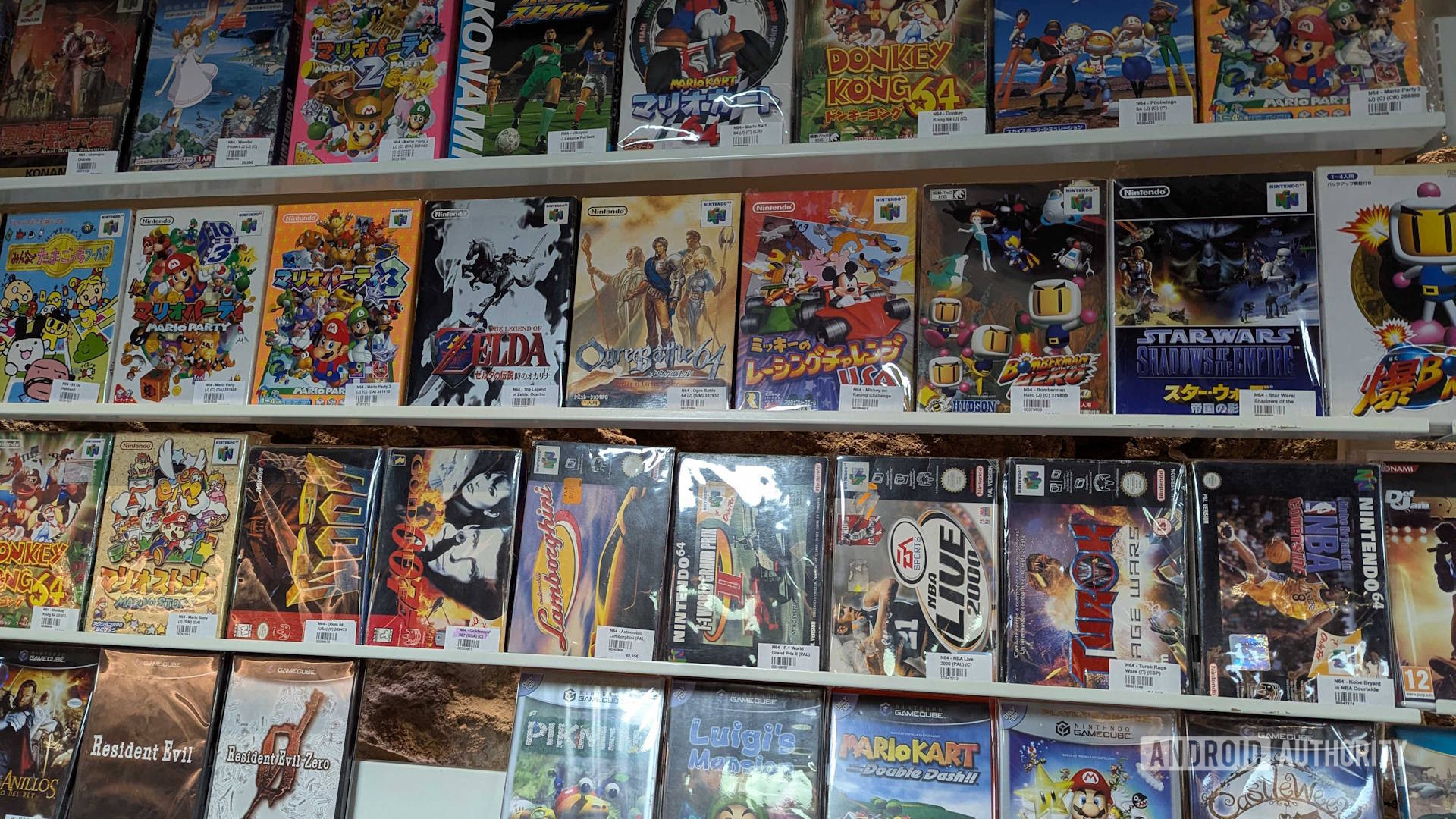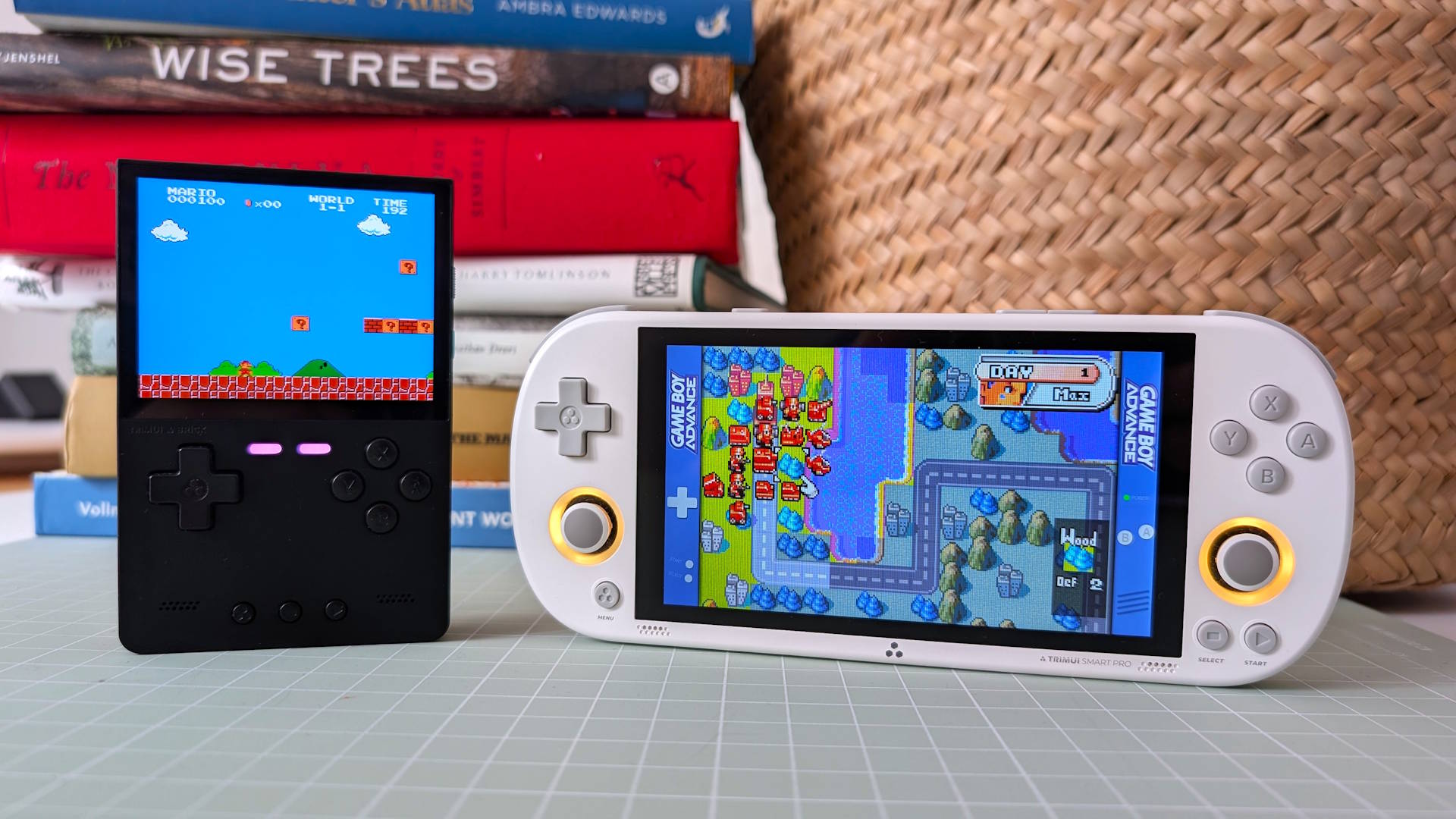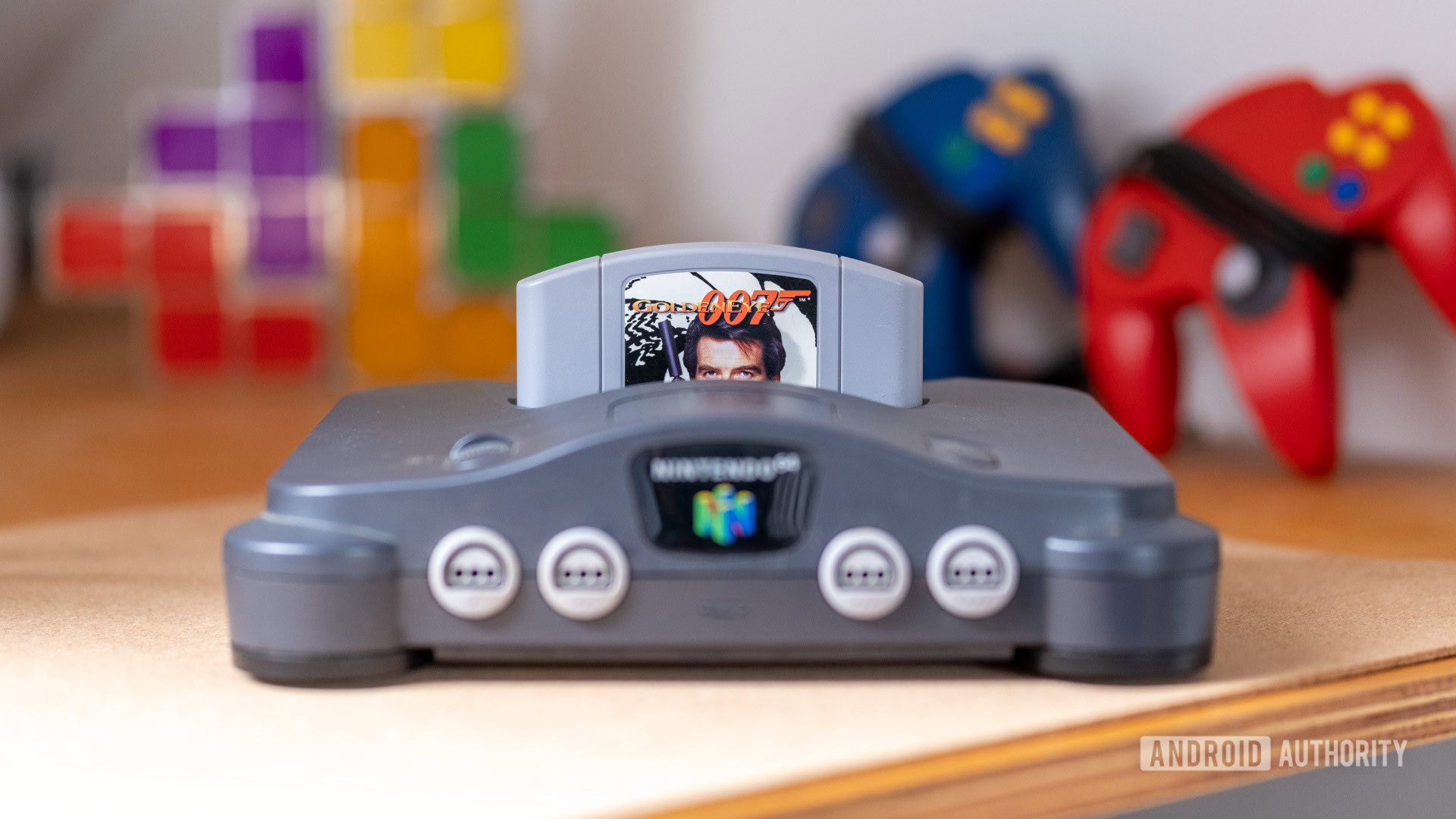A visit to a retro game store changed my views on emulation


Hadlee Simons / Android Authority
This year, I had the pleasure of meeting my Android Authority colleagues for the first time at MWC. After a long day at the convention center, Hadlee and I did what any self-respecting nerds do: we hit up some local retro game stores.
Granted, with two kids and a mortgage, I was just window shopping. But while Hadlee was off spending his adult money on the best games of yesteryear at World Viceous, I decided to chat with the owner about his thoughts on emulation. There weren’t any Retroid or Anbernic handhelds tucked between obscure Japanese Famicom games and binders of used Nintendo DS cartridges, but I wanted to get his take on the rise of these modern emulation handhelds.
To my surprise, he wasn’t nearly as opposed to emulation as I had imagined. In fact, he made some excellent points that changed my views on the entire industry.
Emulation: A love story

Nick Fernandez / Android Authority
As a millennial, I have a complicated relationship with piracy. Peer-to-peer downloads revolutionized the way people consume media and made it easier than ever to get your hands on any game in history.
But when I discovered emulation in the late 90s, I mostly wanted to revisit the SNES games I grew up with. As a kid, I had to call my dad to beat the hard levels, and at some point even his skills didn’t cut it (I’m looking at you, The Lion King). Save states changed all that. I have fond memories of gaming on my noisy Gateway 2000 PC, but it’s a good example of retro-tech that I don’t want to see make a comeback.
While that was a formative experience for my early gaming years, I largely abandoned emulation for a few decades after that. I whittled away my teenage years organizing high school Halo tournaments before finally returning to retro gaming in the past few years as a dad gamer. And wow, have things changed.
Emulation handhelds walk a tightrope between game preservation and outright piracy.
Nowadays, emulation handhelds allow you to replay just about any retro game on the market, and they often ship with thousands of pre-loaded ROMs. This is definitively illegal, although the community largely turns a blind eye to the practice.
But talking to the owner of a retro game shop, whose livelihood is directly tied to selling physical copies of those same games made me think of things in a different light. Are these emulation handhelds cutting into his market? Does he see emulation as direct competition?
Well, the answer to that is a resounding no.
The beautiful game(s)

Robert Triggs / Android Authority
While the owner (I didn’t catch his name, unfortunately) prefers playing on original retro systems, he isn’t opposed to emulation. In fact, he thinks it’s had a positive impact on retro gaming as a whole, since it’s helped people find out about games they otherwise never would have played.
Furthermore, he revealed that most of his customers emulate games, too — even the ones they buy from him. Most are collectors who buy the games and display them on a shelf. Playing them might damage the cartridge, and emulation brings many other benefits like save states, improved framerates, etc.
Emulation has brought new people, and customers, into the retro gaming community.
After thinking about it, that describes me, too. Although I no longer have the drive to collect old games (just kidding, I’m broke), one of my most prized possessions is an SNES cartridge of Earthbound with the strategy guide, complete with disgusting scratch-and-sniff cards in the back. I have since played Earthbound on both Nintendo Switch Online and emulation handhelds, but never once have I wanted to break out my old SNES.
In other words, emulation has actually grown his market. Whether it’s by replaying their favorites or finding new games by questionable means, it creates a steady pipeline of people interested in retro games. They then look for a way to connect with the hobby by collecting physical games and other memorabilia from shops like his.
Above all, he stressed that what’s most important is just enjoying games. Whether that’s by busting out a minifridge-sized CRT and blowing the dust off your favorite cartridge or popping a microSD card into a Game Boy clone, do it for the love of the game. That’s a sentiment we can all get behind.


